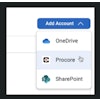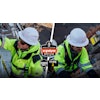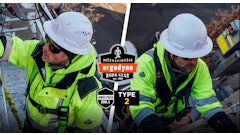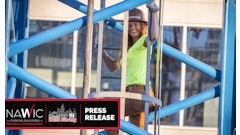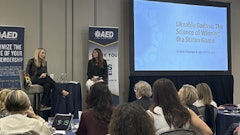
This week in Washington, D.C., — and in cities and towns across the nation — policymakers, the business community and everyday citizens are coming together to recognize Infrastructure Week and the role of reliable infrastructure in our daily lives.
And when mayors like me talk about the importance of “reliable infrastructure,” it’s so much more than a talking point or a line item in a budget.
Great infrastructure means reliable roads, bridges and transit systems that allow our residents to safely get to work and school. It means reliable water and sewer systems — so that our citizens don’t have to wonder if it’s safe to drink from the tap.
It means reliable, fast broadband that connects all neighborhoods, so that students young, and not-so-young, can learn new skills, and entrepreneurs can grow their businesses in a changing economy. And, most importantly, it means a reliable, skilled workforce that can build, maintain and, ultimately, benefit from our nation’s infrastructure.
Without a strong federal partnership — to ensure that we have a pipeline of workers that are prepared to build and maintain our infrastructure — we set ourselves up for failure
In any discussion about the future workforce, it’s important to recognize that our country is undergoing significant changes that will impact our capability to rebuild and reimagine our infrastructure. By 2030, every baby boomer will be over the age of 65, meaning that 1 in every 5 residents will be retirement age.
This will have a significant impact on the middle-skills workforce — jobs that account for roughly 48 percent of the workforce. This represents a persistent skills gap that we must address now.
We also know that technological advancements will continue to have a significant impact on our education systems, skills that are in-demand, and the make up of the modern workforce and workplace.
That’s why America’s city leaders are calling on Congress to step up to the plate and pass legislation will set our workforce up for success — because it’s time for Washington to rebuild with us.
Mark Stodola is the mayor of Little Rock, Arkansas, and president of the National League of Cities (NLC), the largest organization representing America’s cities and their leaders. Stodola has served as mayor of Little Rock since January 2007.
